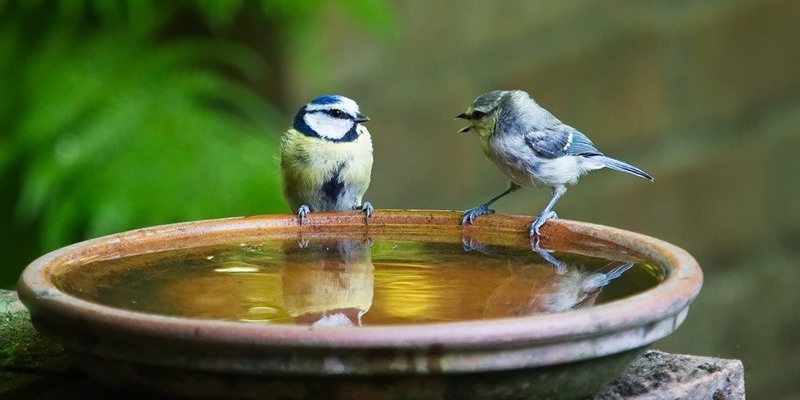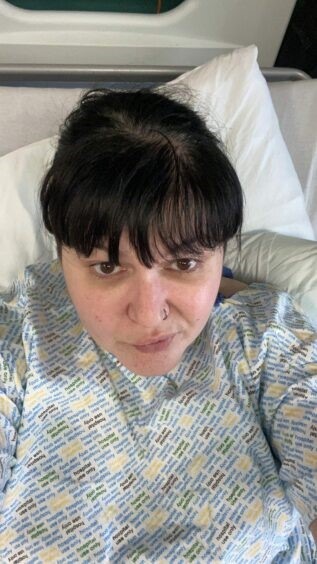
Lots of members here on the Community talk about how it can be difficult to deal with unhelpful advice and reactions from other people when you have cancer. Katy is here to reassure you that you’re not alone if you’ve felt frustrated by what people say.
This is our latest instalment in our series with with Macmillan’s Digital Storytelling Project, where people affected by cancer have created their own videos to talk about their experiences. For August’s Story of the Month, we’re featuring Katy.
Katy was diagnosed with early stage cervical cancer in early 2021. Her video is all about how people can use a “cheat code” to be more helpful when talking to someone affected by cancer.
“I don’t need you to cheer me up. I need you to tell me ‘yes, this does suck.’”
Katy’s video is called “Cheat code.” As she explains in her video, cheat codes are a term used in video games to mean a hidden item or ability in the game that makes the game easier. Even if you don’t play video games yourself, it’s an idea that might be helpful to consider when trying to figure out what support you need.
Katy’s video has subtitles/closed captions. Hear her story by clicking on the video below:
Katy's Story: Cheat Code - YouTube
“Do not be afraid to ask a person affected by cancer how they want to approach it.”
 Katy shared her story through the Digital Storytelling project at Macmillan. Macmillan’s Digital Storytelling workshops support people affected by cancer to tell their stories in their own words. Many Digital Storytellers have found comfort and support from attending these workshops and sharing their story as a video. If you’d like to get involved, you can find out more about it on Macmillan’s webpage about the Digital Storytelling project.
Katy shared her story through the Digital Storytelling project at Macmillan. Macmillan’s Digital Storytelling workshops support people affected by cancer to tell their stories in their own words. Many Digital Storytellers have found comfort and support from attending these workshops and sharing their story as a video. If you’d like to get involved, you can find out more about it on Macmillan’s webpage about the Digital Storytelling project.
Katy found the Digital Storytelling workshops really helpful:
“The workshops really helped me process what I'd been through and connected me with other people who understood how I was feeling. I thought it was just going to be a way to learn about storytelling but it turned out to be a far deeper, more fulfilling experience."
If you’re also affected by cervical cancer, remember we have our Cervical cancer group here on the Online Community. This is a safe place to talk to other people affected by cervical cancer. Family and friends of people who have been diagnosed with cervical cancer are also welcome to join.
If you could relate to Katy’s video, why not take a look at other conversations on the Community?
“What typically bugs me is people with no experience of cancer talking like they know how we feel or what happens. I’d rather they asked than assumed. Even when meant in a helpful way, it’s often not helpful.”
Community member, “Things not to say when someone has cancer”, Womb cancer group
“I believe people say what they think you want to hear and don’t really know what to say for the best!”
We would like to thank Katy for sharing her story with us and the Online Community. Did Katy’s story remind you of any experiences you’ve had? What do you find helpful? Let her know in the comments below.
Read more blogs from the Digital Storytelling Project:
Read more blogs like this
Whatever cancer throws your way, we’re right there with you.
We’re here to provide physical, financial and emotional support.
© Macmillan Cancer Support 2026 © Macmillan Cancer Support, registered charity in England and Wales (261017), Scotland (SC039907) and the Isle of Man (604). Also operating in Northern Ireland. A company limited by guarantee, registered in England and Wales company number 2400969. Isle of Man company number 4694F. Registered office: 3rd Floor, Bronze Building, The Forge, 105 Sumner Street, London, SE1 9HZ. VAT no: 668265007